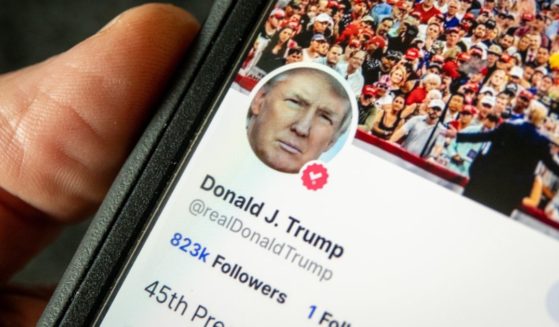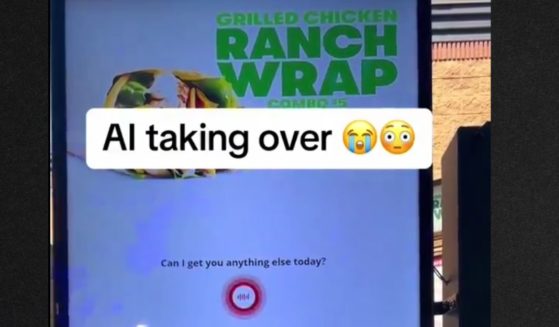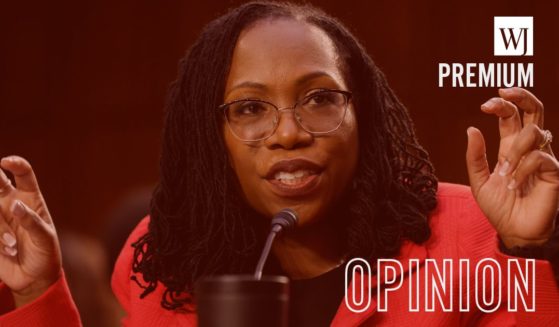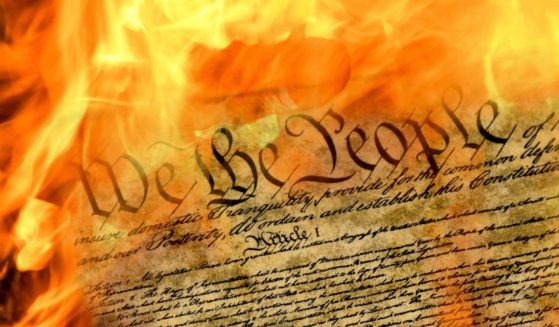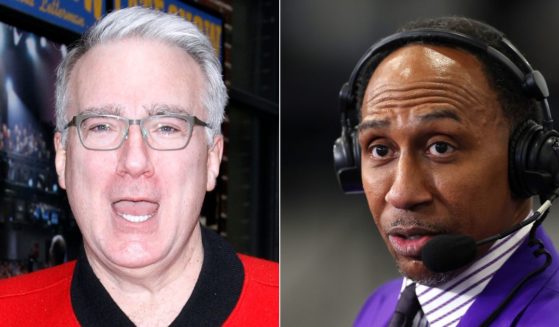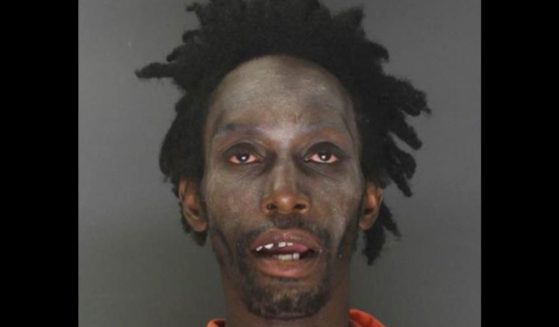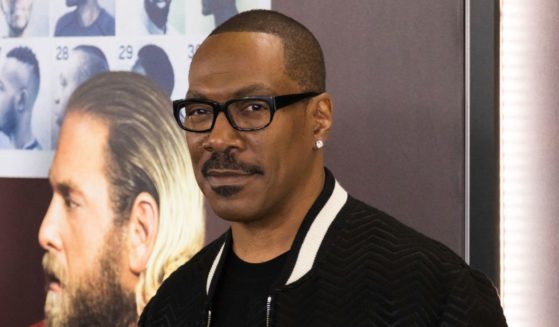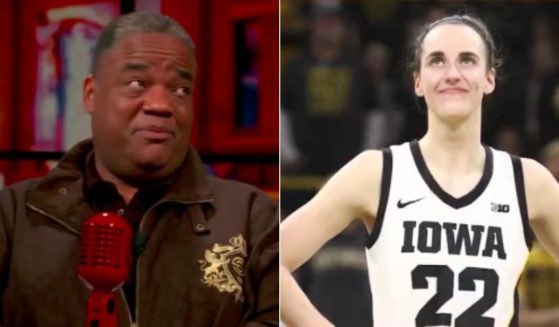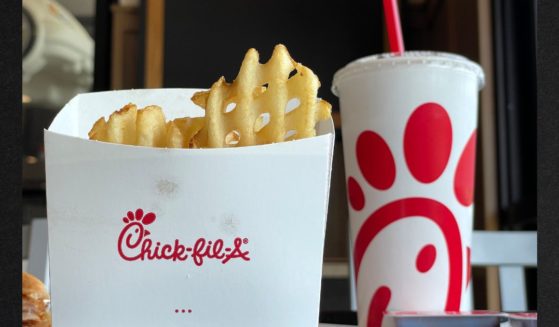Former FBI Expert: Maricopa County's Ballot Signature Matching System 'Almost Illegal'
A former FBI special agent, who worked in signature analysis, said the mail-in ballot voter verification system in place in Maricopa County, Arizona, and other places in the country is “almost illegal,” given the constraints placed on reviewers.
If the workers have limited time to review for signature matches to those on voter files it’s “almost illegal to have it work that way,” retired FBI Special Agent Wayne A. Barnes told the website Just the News, adding it’s “almost pathetic.”
The 29-year FBI veteran further contended under the current system, “Only the most dissimilar signatures, when comparing them, can be knocked out.”
Barnes’ observation comes as the Arizona Supreme Court ordered a trial court last week to proceed with GOP gubernatorial candidate Kari Lake’s election challenge of Democratic Gov. Katie Hobbs’ win in November.
Hobbs defeated Lake by approximately 17,000 votes, or about 0.7 percent of the more than 2.5 million ballots cast statewide.
Lake’s legal filing to the Supreme Court argued that “whistleblowers conducting signature verification at [the Maricopa County Tabulation and Election Center] came forward with the evidence that Maricopa disregarded Arizona law and allowed tens of thousands of uncured ballots with nonmatching signatures to be counted.”
“Curing” ballots involves reaching out to voters whose ballots would be rejected due to errors in order to confirm the voter’s identity.
Lake attorney Kurt Olsen said after the Supreme Court decision in March to remand the issue to the trial court for further review, “There are literally over 100,000 ballots in question because of invalid signatures that were accepted and tabulated.”
“This is not a challenge about simply a few bad signatures. … This is about a systemic failure of the entire signature verification process, which is allowing tens of thousands of ballots with signatures that don’t match the record on file. And this is the only security feature for mail-in voting,” Olsen said.
Lake tweeted following the Supreme Court March ruling, “For years signatures have been a third rail for Maricopa County. The process of verifying these signatures is the only security measure on mail-in ballots.”
“The amount of time allotted to check these signatures was only 8 seconds, which is not humanly possible. The system is completely broken,” she continued. “That’s why they are absolutely terrified of letting anyone take a look at their signatures.”
“The signature verification process in Maricopa County is a house of cards. Thanks to this ruling my team will get the chance to topple it.”
Lake’s legal team “intends to petition [the trial court] to inspect the ballots verified by Maricopa, based on new evidence that came to light in 2023,” according to a motion for a status conference submitted Thursday.
“In addition, Lake has filed a special action in this Court to compel Maricopa to produce ballot envelopes and related public records for the 2022 election in response to Lake’s Public Records Request.”
This is the tip of the iceberg.
Maricopa County election workers “just staring at signatures,” said Wayne Barnes, “don’t know a good signature from a bad signature” or “what makes it valid.”https://t.co/11C8XMayXs
— Kari Lake (@KariLake) May 8, 2023
The county’s voter verification process came under intense scrutiny following the 2020 election after the county revealed that only “upwards of 25,000” of the 2.1 million ballots cast (page 5) went through the curing process or about 1.2 percent.
Of those 2,042 were not counted: 587 for having bad signatures and 1,455 for having no signature at all.
During the 2022 midterms, a total of 3,099 ballots were rejected of the approximately 1.5 million cast in Maricopa County.
VoteBeat Arizona’s Jen Fifield reported that in the 2022 general election “workers marked 18,510 signatures as ‘non-matching,’ and of those, 15,411 voters confirmed it was their ballot, or ‘cured’ their ballot. That led to 3,099 rejected for bad or missing signatures. Of those, 1,299 were missing signatures and 1,800 were bad.”
County Recorder Stephen Richer defended Maricopa’s signature review process in the 2022 election telling Fifield some improvements had been made since 2020.
The initial reviewers now have three signatures on file to compare with the voter signature on the mail-in envelope, instead of just one.
If the initial reviewer rejects a signature, it goes to a manager for further review.
If the manager also rejects the match, then the county reaches out to seek to verify the voter’s identity.
Richer said the county also conducted a random audit of 2 percent of the ballots accepted by the initial reviewer as an additional check on the process.
Truth and Accuracy
We are committed to truth and accuracy in all of our journalism. Read our editorial standards.

